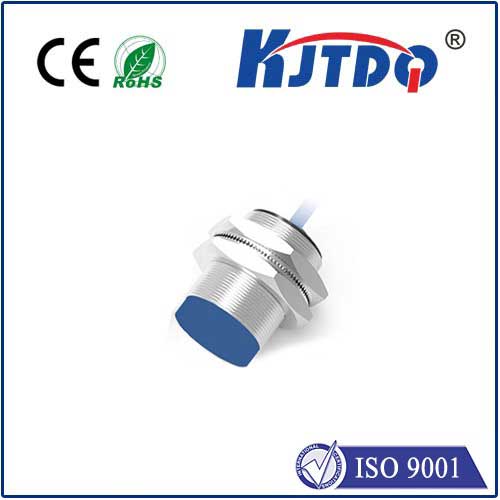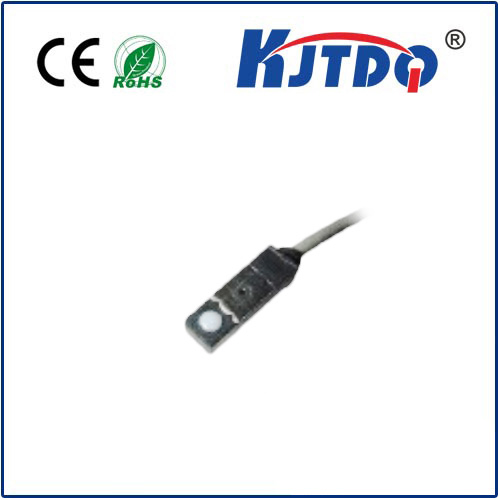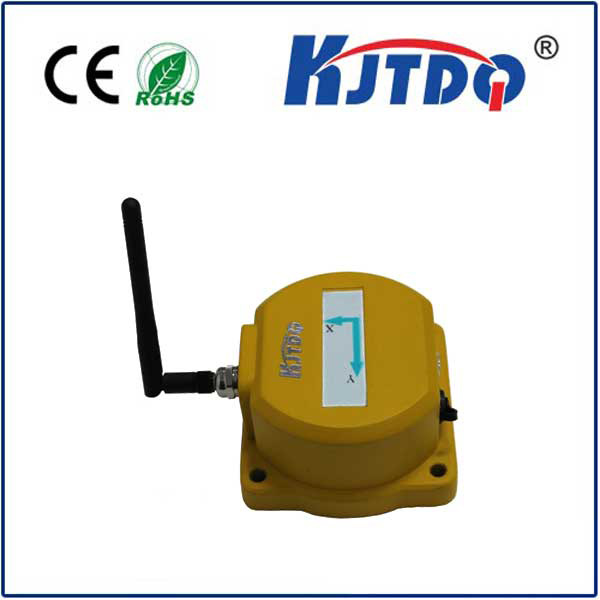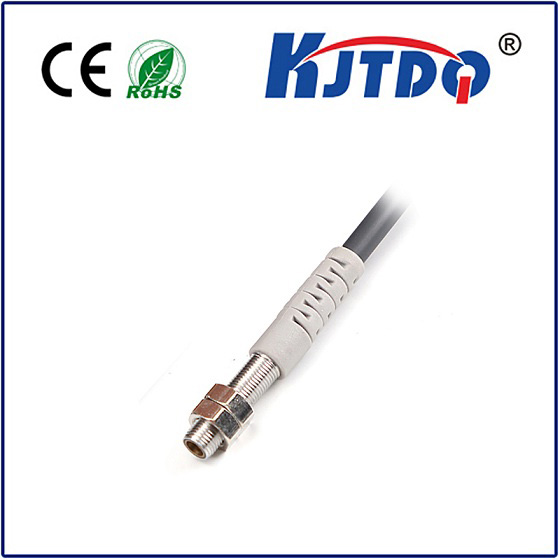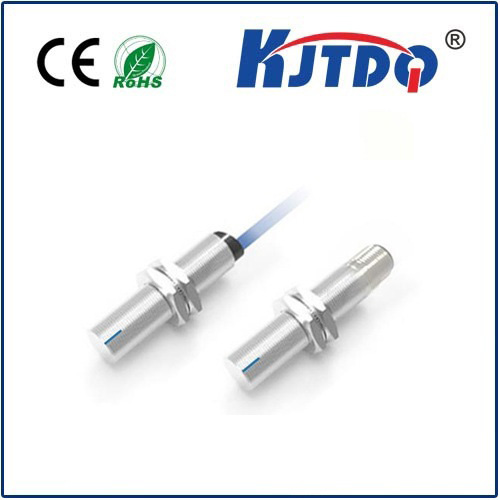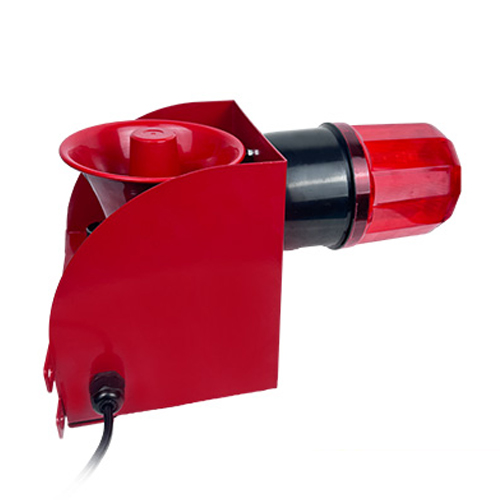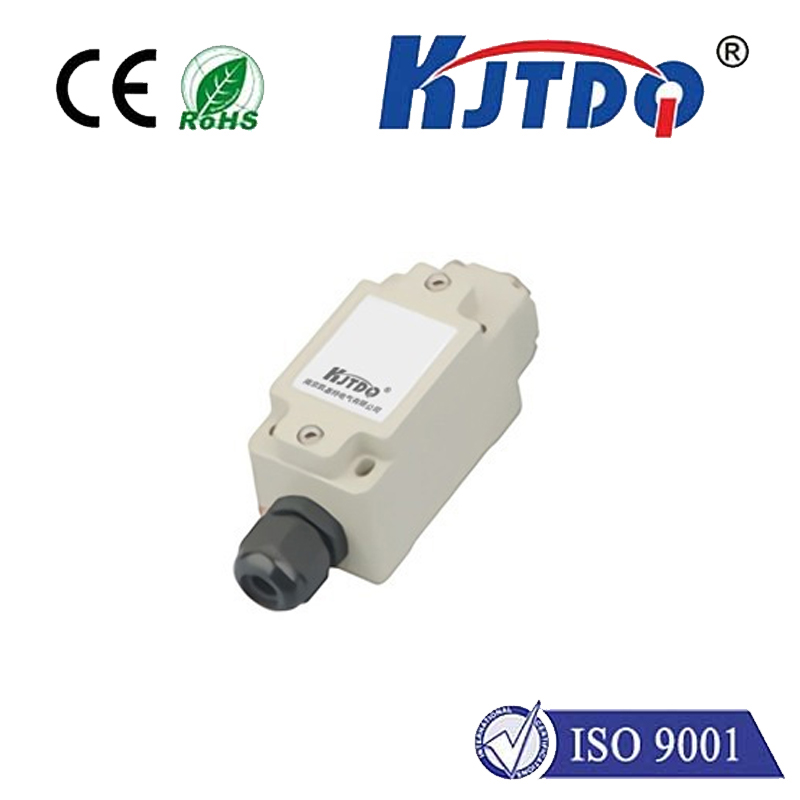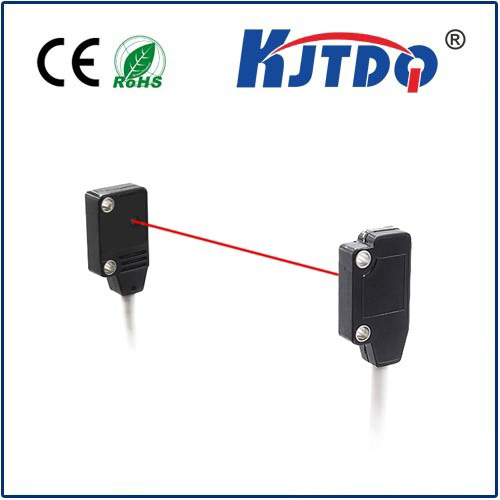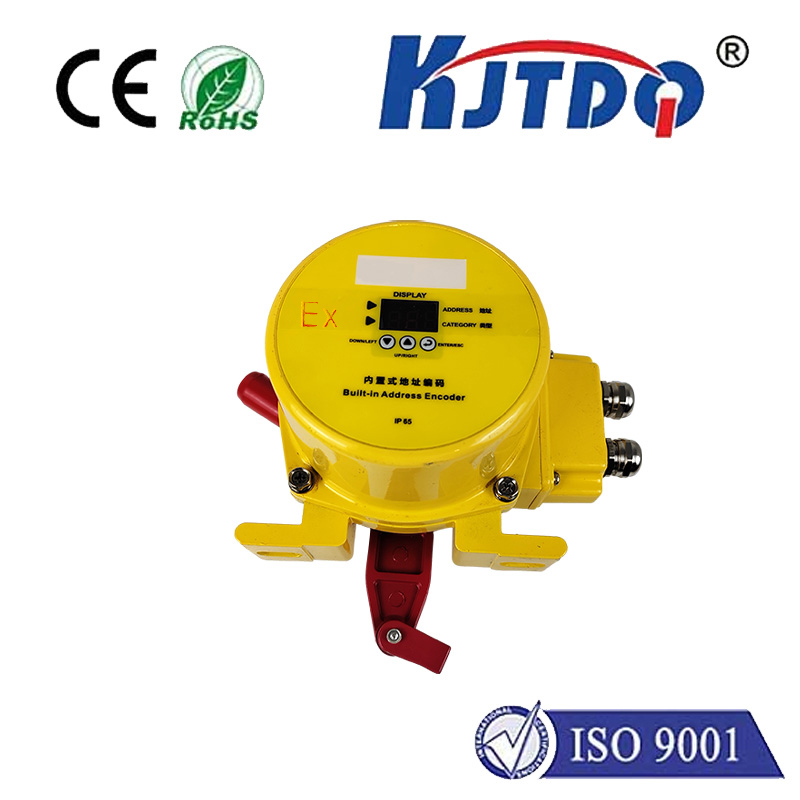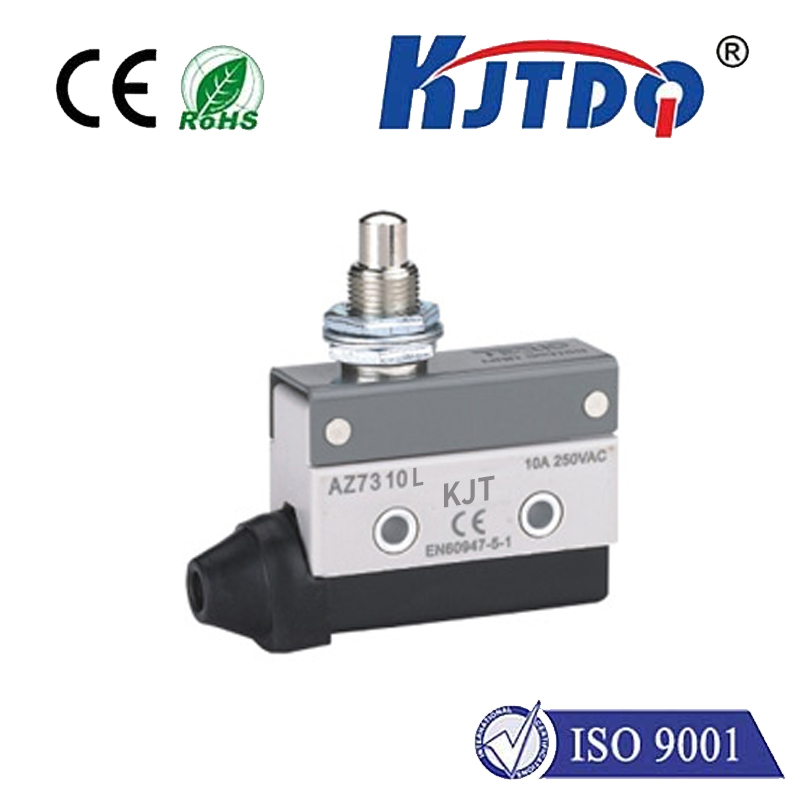
Проверка

Проверка

Проверка

Проверка

Проверка

Проверка
Laser Water Level Meter: Enhancing Accuracy in Measurement
In the world of precision technology, the laser water level meter has emerged as a groundbreaking tool for measuring water levels with unparalleled accuracy. This innovative instrument utilizes cutting-edge laser technology to provide precise and reliable measurements, revolutionizing the way we monitor water levels in various applications.
The laser water level meter operates on the principle of time-of-flight measurement. It emits a laser beam towards the surface of the water, which is then reflected back to the device upon contact. By calculating the time it takes for the laser beam to travel to the water surface and return, the instrument can determine the exact distance between itself and the water level. This method eliminates the need for physical contact with the water, reducing potential errors and improving overall accuracy.

One of the primary advantages of a laser water level meter is its ability to provide real-time measurements. Unlike traditional methods that require manual reading or sampling, this instrument continuously monitors the water level and updates the data instantaneously. This feature is particularly useful in dynamic environments where water levels may fluctuate rapidly, such as hydroelectric power plants, water treatment facilities, and flood monitoring systems.
Another notable benefit of using a laser water level meter is its enhanced safety features. Since the device does not require any physical contact with the water, it eliminates the risk of accidental drowning or exposure to hazardous substances. Additionally, it can be used in harsh and challenging environments, such as high temperatures, humidity, or corrosive conditions, without compromising its functionality.
Furthermore, the laser water level meter offers exceptional accuracy and repeatability. With its advanced laser technology and precise calculations, it can measure water levels with an accuracy of up to ±1mm. This level of precision is crucial in applications where small changes in water levels can have significant consequences, such as in scientific research or industrial processes where precise control over fluid levels is required.
In addition to its technical capabilities, the laser water level meter also boasts user-friendly features. Many models come equipped with intuitive interfaces and easy-to-read displays, making it accessible for users of all skill levels. Some even offer wireless connectivity options, allowing for remote monitoring and data collection from multiple locations.
However, like any technological device, there are certain limitations associated with laser water level meters. For instance, they may not perform optimally in conditions with excessive turbulence or when measuring highly reflective surfaces. Additionally, their effectiveness can be hindered by environmental factors such as fog, smoke, or heavy rain.
In conclusion, the laser water level meter has undoubtedly revolutionized the way we measure water levels. Its combination of accuracy, speed, safety, and user-friendliness makes it an invaluable tool for various industries ranging from environmental monitoring to industrial processes. As technology continues to advance, we can expect further improvements in this already impressive instrument, enhancing its capabilities and expanding its applications even further.
